Texas is the latest state in the United States to find itself in a growing home insurance crisis, as multiple insurance companies have stopped offering new policies in the Lone Star State.
Progressive Insurance is the latest company to flee the state. Other states, such as California and Florida, have also found themselves in a similar crisis.
Progressive Halts Policies

Progressive Insurance recently confirmed that they were “temporarily restricting new homeowners (HO3) business for certain agents in several states.”
These states allegedly include Texas, Illinois, Minnesota, Missouri, Nebraska, and Wisconsin. However, Progressive has only officially confirmed that Texas was one of these states.
Why Has Progressive Stopped Offering Texans Home Insurance?

Insurify — which first broke this news — has claimed that Progressive stopped offering new home policies around August 13.
So far, there hasn’t been any word on why, exactly, the insurance company has chosen to halt coverage for new home policies in the Lone Star State.
Is Severe Weather to Blame?
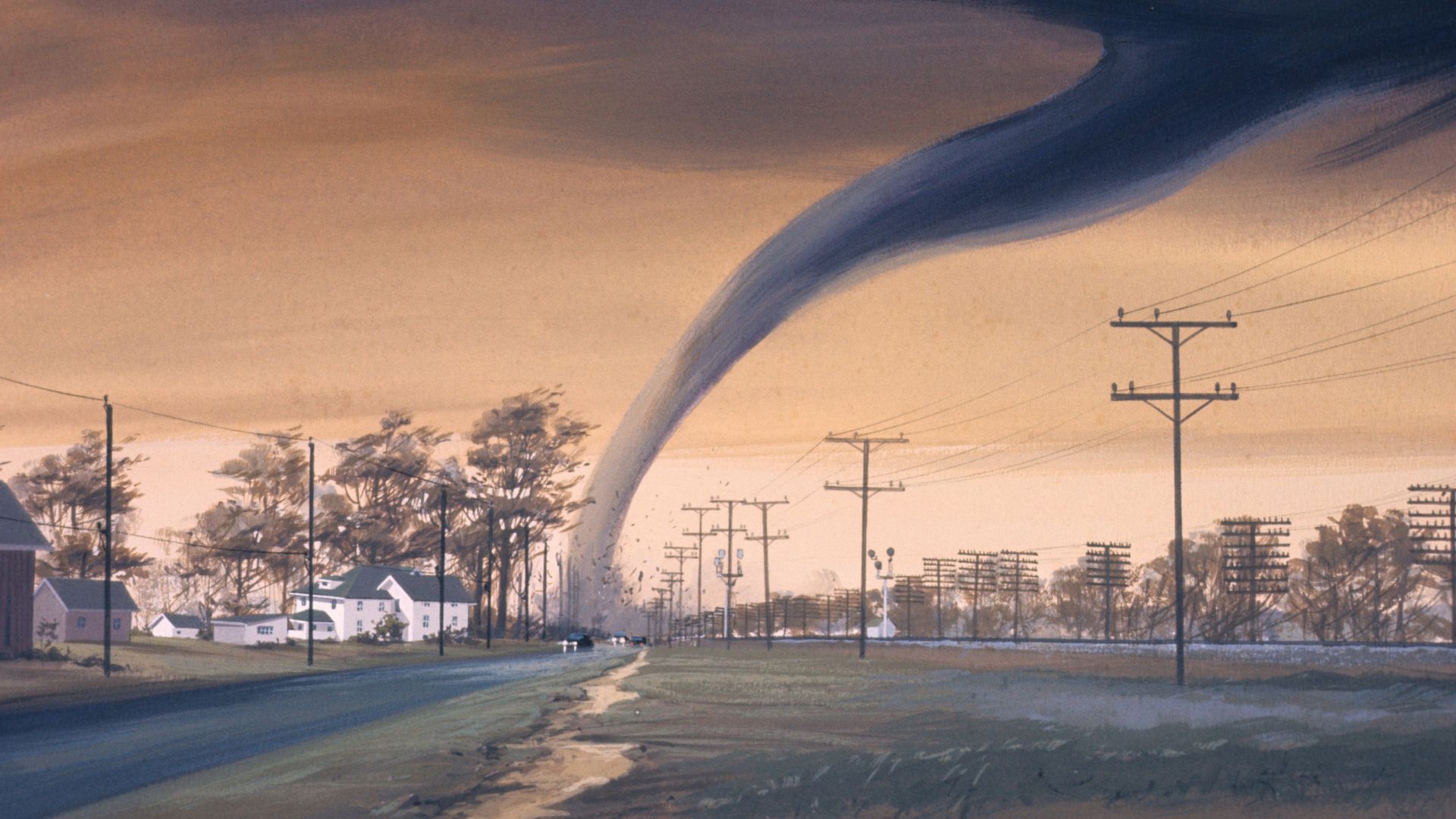
A letter from Progressive’s CEO Tricia Griffith, which was sent to shareholders, may indicate that severe weather seen in Texas is to blame for the company canceling new insurance policies.
Griffith said, “Reducing the impact from weather-related volatility is strategically important and shifting our geographic mix continues to be a top priority.”
Focusing on Other States
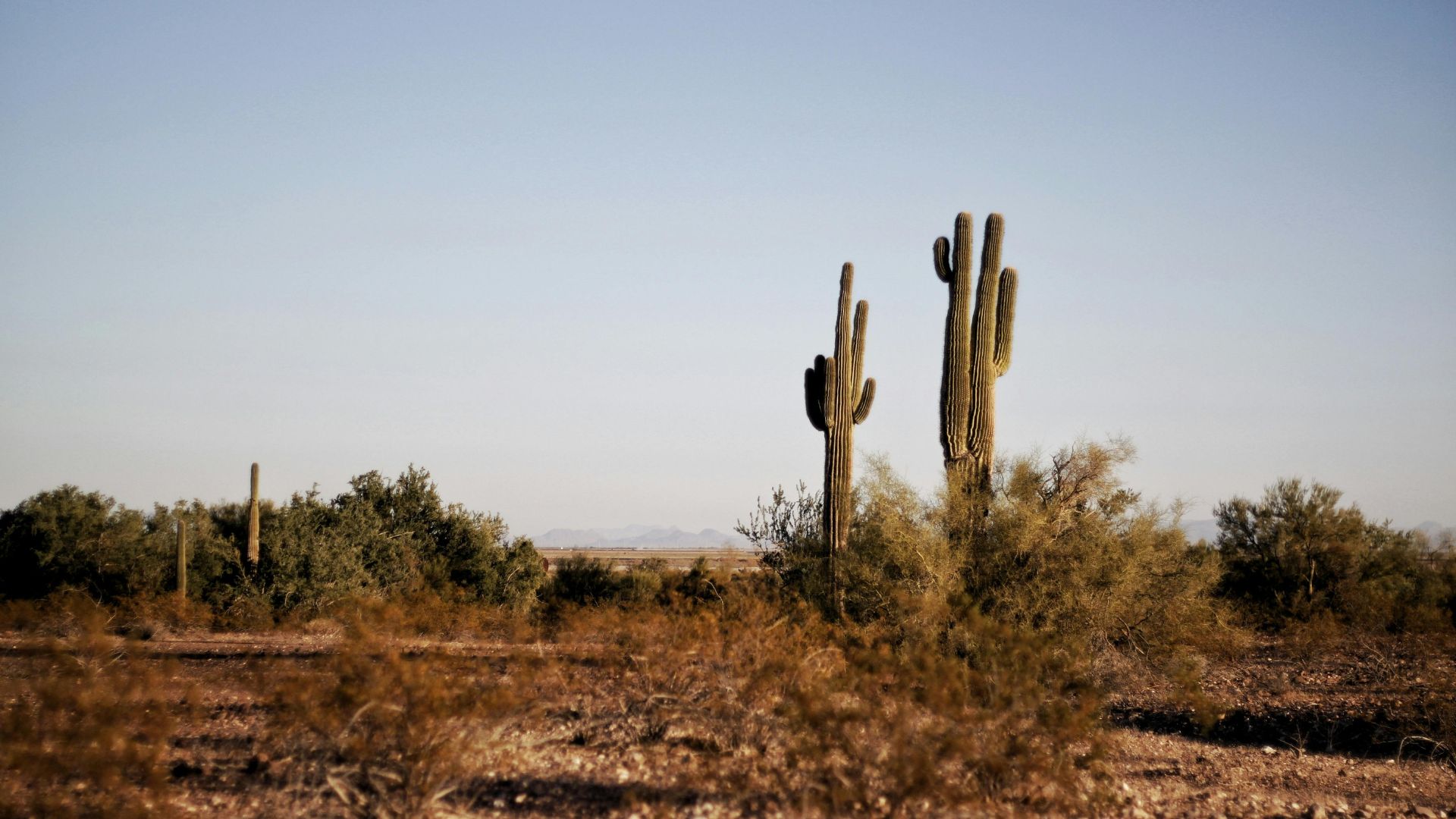
Because Texas has seen more problematic weather events in recent years, Progressive has seemingly decided to focus on other, safer states.
“We continue to focus on growing in states where weather risk is relatively lower, while maintaining or reducing our market share in higher volatile states that are more susceptible to catastrophic weather events and have higher exposure to hail,” Griffith wrote in the letter.
Progressive in Texas
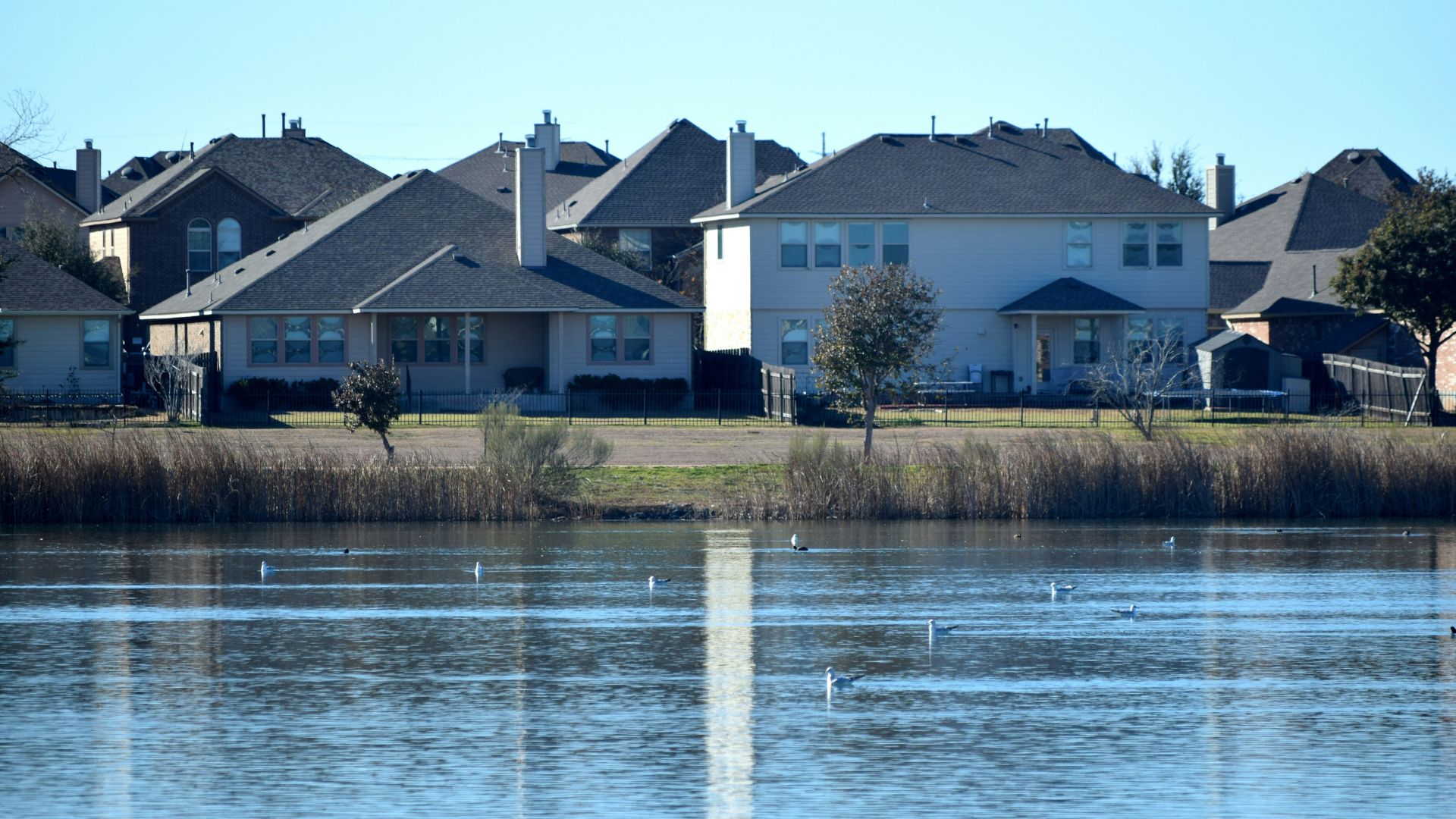
This halt in offering new policies could become quite detrimental to Texas. The Texas Department of Insurance has revealed that Progressive Group is in the top ten largest home insurance companies in Texas.
In 2023, the company wrote more than $390,000,000 in premiums for multiple-peril insurance.
Insurance Companies Are Leaving Texas

Progressive isn’t the first company to halt new policies in Texas. Earlier this year, Foremost Insurance, which is a subsidiary of Farmers Insurance, announced that it would stop renewing some policies in Texas.
According to Foremost, they were doing this because of “our exposure and risks relating to natural and catastrophic losses.”
Insurance in Texas Skyrockets in Price

Similarly to other states also going through a home insurance crisis, Texas has seen some areas of the state see a surge in overall home insurance costs.
Insurance premiums have skyrocketed for some homeowners. Bankrate has even found that Texans pay 72% more, on average, than homeowners do nationally on home insurance.
Double Digit Insurance Hikes

Rate hikes have been seen in various parts of the state. In extreme cases, some Texas homeowners have found their home insurance rates being hiked up by double digits.
For example, one Texan paid $2,600 for their home insurance last year. This year, it jumped up to a whopping $8,800.
Extreme Weather Forces Insurance Companies to Flee States
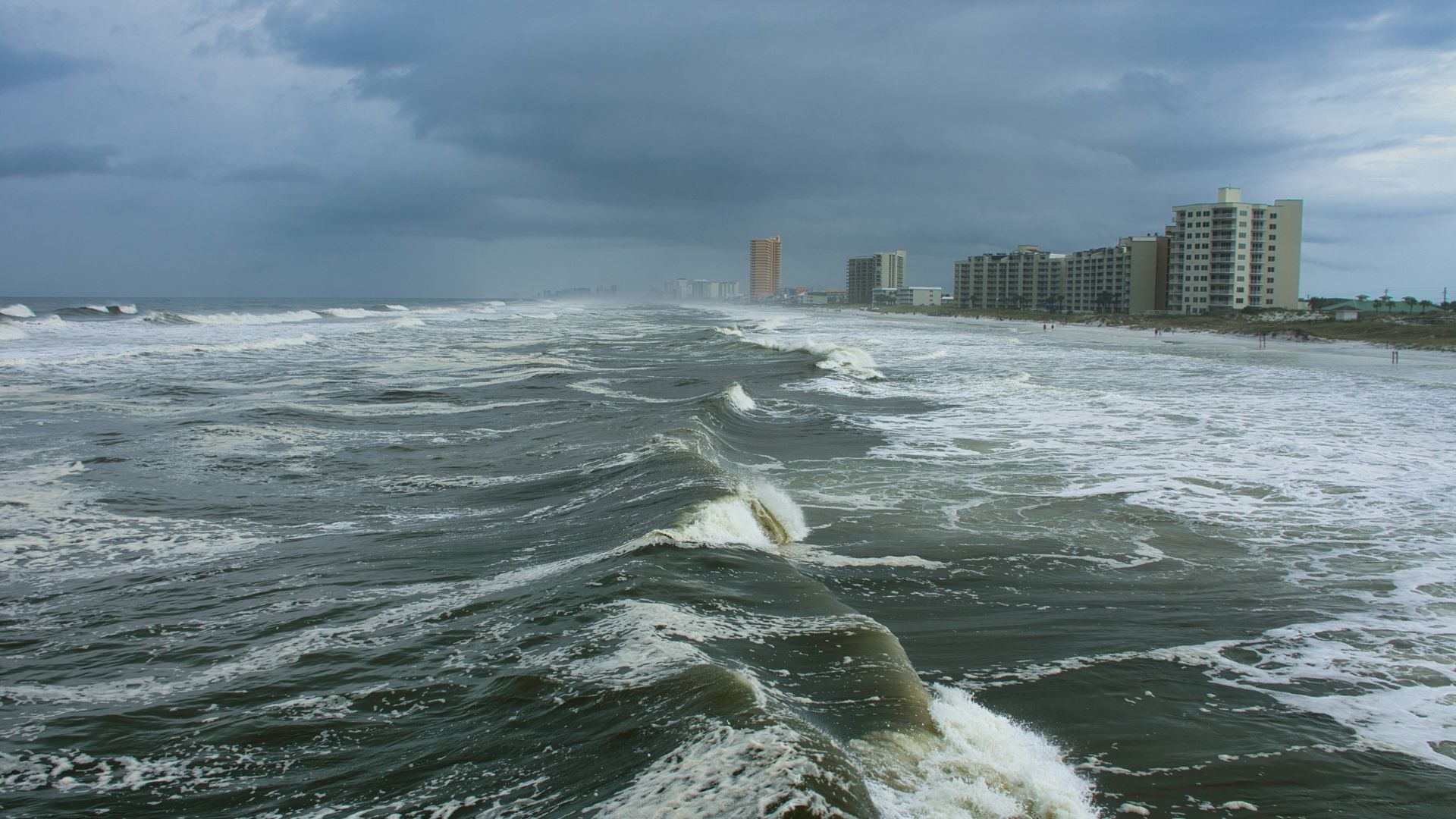
Texas is now seemingly going through a home insurance crisis, much as Florida and California are.
Many insurers have chosen to flee states like California and Florida, as extreme weather events have made it more risky for them to offer homeowners insurance policies.
Texas’ Extreme Weather Events

In recent years, Texas has begun to see more extreme weather events that have devastated towns and homes. Many of these events have been tied to climate change.
Many southern cities in Texas on the coast have faced an increase in hurricanes. Meanwhile, major cities like Houston have long suffered from devastating flooding situations that have only increased.
Progressive in Florida
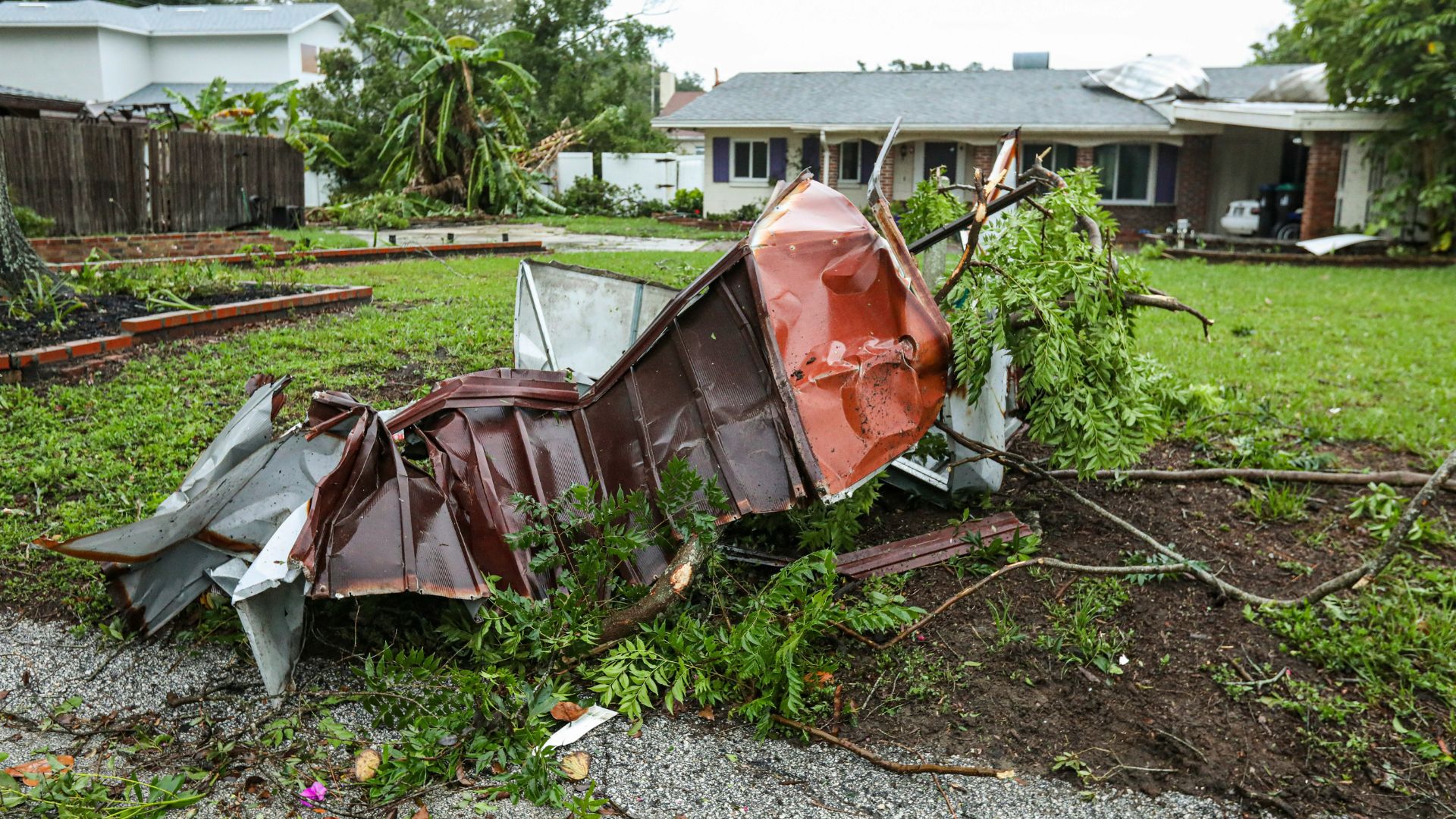
Progressive hasn’t just halted Texas insurance policies. The company has also dropped more than 115,000 policyholders in the Sunshine State.
Many Floridians living in high-risk areas where tropical storms and hurricanes hit received these nonrenewal notices.
